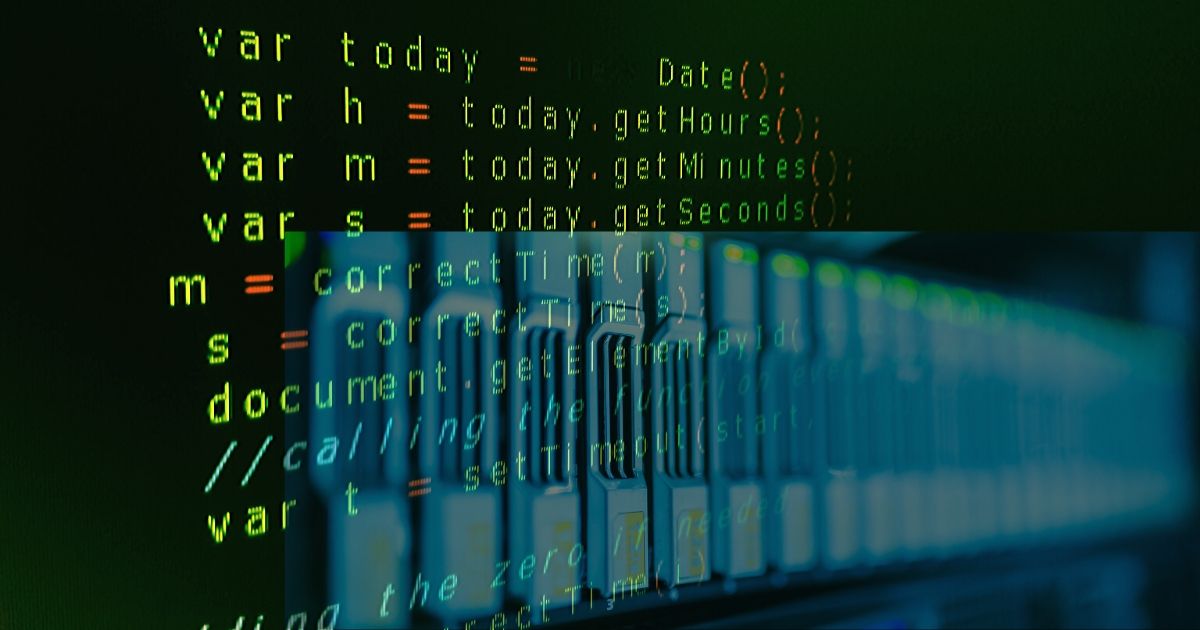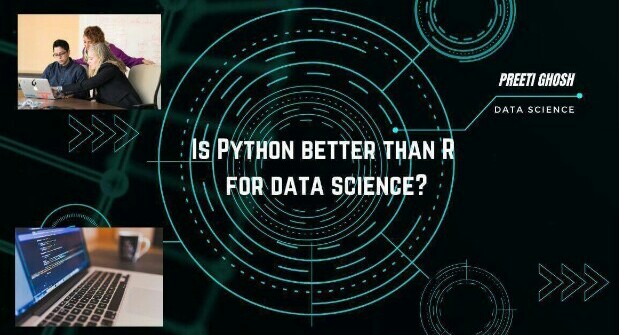Want to Learn Python Programming? But, which
programming language is better for data science? Python or R?
Well, if you are
reading this blog either you are completely new to these programming languages
or just want to know about the buzz that has created around the world. So let’s
go ahead and dive into what exactly is the purpose and usage of these languages
are.
This article comprises of:
- Introduction to Python
- Usage of Python
- Introduction to R
- Usage of R
- Conclusion
Introduction To Python
Python programming language is a high level, interpreted language. It has an easy syntax and dynamic semantics. Here is a bonus point (for people keen to start their career in this field) -Python is much easier than other programming languages and helps you create beautiful applications with less effort and more ease.
Python is a tool to deploy and implement machine learning language at a large-scale. Python codes are easier to maintain and more robust than R. Most of the data science jobs can be done with five Python libraries: Numpy, Pandas, Scipy, Scikit-learn, Seaborn.
Usage Of Python
- Creating web applications with Python Framework such as Django and Flask
- You can create workflows for the software you are working on
- Scientific, analytic and complex calculations can be taken care of easily
- You can also create software much quicker with Python, which is ready for deployment
Introduction To R
R, an open-source tool used for statistics and analytics. It provides a wide variety of statistical and graphical techniques and is highly extensible. R, now has one of the richest ecosystems to perform data analysis. There are around 12,000 packages available in CRAN, which is an open-source repository. Rstudio comes with the library knitr.
It is possible to find a library for whatever analysis you want to perform. This feature of R makes it the first choice for statistical analysis, especially for specialized analytical work.
Usage Of R
- R is object-oriented, functions are first-class objects and can be easily assigned, modified, etc.
- You can use it to answer statistical problems, machine-learning, and data-science.
- You can make beautiful, publication-quality graphs very easily
Difference Between Python And R
If you have been reading so far, till now you would have understood the purpose and usage of these languages. Now let’s look at their differences to find out which programming language is better for data science.
- R is mainly used for statistical analysis.
While python provides a more general approach to data science. - Python is a general-purpose language with a readable syntax.
R, built by statisticians and encompasses their specific language. - The primary user of Python is programmers and developers while in the case of R it is scholars and R&D.
- The learning curve of R is usually difficult at the beginning.
- But when it comes to Python it is much easier to learn the language, it has a linear and smooth learning curve.
The cutting edge difference between R and other statistical products is the output. R has fantastic tools to communicate the results. Communicating the findings with a presentation or document is easy.
Conclusion
With keeping all that in mind, can you now answer which programming language do you think is better for data science? Is it Python Programming or R?
Well, if you ask me, in my vision it has to be R specifically in case of data-science. R is designed to answer statistical problems, machine learning, and data science. It is the right tool for data science because of its powerful communication libraries. Besides, R is equipped with many packages to perform time series analysis, panel data, and data-mining.

All you need to know about Data Science
Learn Data Science
| Top 7 Data Science University/ Colleges in India | Top 7 Training Institutes of Data Science |
| Top 7 Online Data Science Training Programs | Top 7 Certification Courses of Data Science |
Learn Data Science with WAC
| Data Science Webinars | Data Science Workshops |
| Data Science Summer Training | Data Science One-on-One Training |
| Data Science Online Summer Training | Data Science Recorded Training |
Other Skills in Demand
| Artificial Intelligence | Data Science |
| Digital Marketing | Business Analytics |
| Big Data | Internet of Things |
| Python Programming | Robotics & Embedded System |
| Android App Development | Machine Learning |

